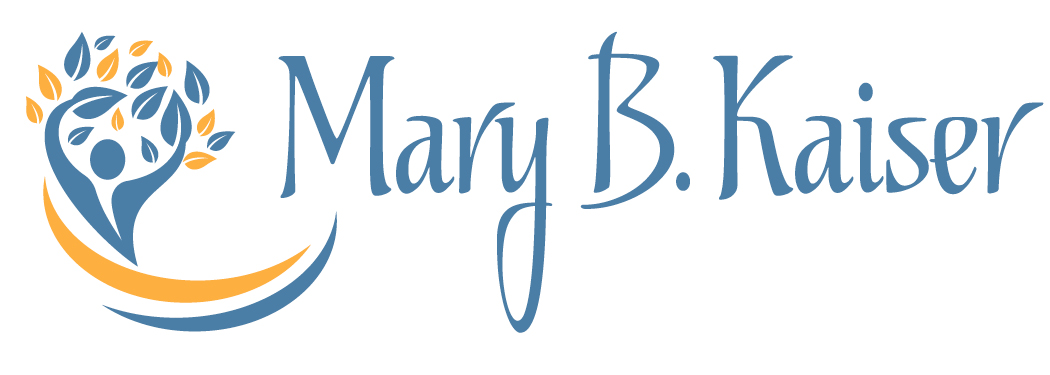As a coach and consultant who works with growing organizations, I have recently been focusing on the opportunity to leverage everyone in the organization from a growth and development standpoint. Gone are the days of the “top down” only approach. What I am witnessing and emphasizing with clients more and more is the idea that everyone should have accountability and responsibility to help people, and the organization as a whole, grow and develop. This requires looking at and working on development on a daily basis rather than just an annual review -- and using daily activities as a way to strengthen skills sets and mindsets.
Here are a few keys to working on daily development:
1. Start with a personal vision of who you want to be. Become aware of who you are NOW in this moment and then identify if there are areas where you want to shift. This isn’t about beating yourself up or being defensive, instead see it as an inspirational opportunity or a way of helping set your own standards for development and ultimately helping the organization as a whole.
2. Teach employees that feedback is key to development. Create the mindset that it is everyone’s responsibility within the organization to provide feedback. And, that mindset and skillset go hand and hand. What does this look like in real life? An employee tells the boss that Susie S. isn’t following-up on her commitments. As a development coach, I would encourage the boss or team leader to tell the employee to have this conversation directly with Susie and help that employee frame it in a way that it is two peers who are making requests of each other to create a better working environment and relationship. Something along the lines of “Susie when you don’t follow-up on commitments, it triggers me and I just want to take it on and do it myself. I really enjoy collaborating with others and I think as an organization, we are better for it, but I wonder if the way we do it could shift a bit?” If a boss or team leader is the only person held responsible for setting and maintaining standards, it is energy consuming and does not encourage the type of feedback that is critical to growth and development. When we put the responsibility on everyone in the culture to help maintain a positive working environment, the distributed ownership helps the whole organization grow.
3. Make peer to peer feedback an ongoing priority. On the mindset front, we have to help people to see that providing feedback to a peer is a positive interaction. If someone is taking the time to provide feedback, it’s typically a sign that they care. If everyone can hold the thought that this will help the individual and the organization grow, we can accelerate development. Somehow, we’ve been trained that feedback needs to come from the top down. For organizations to grow and develop successfully, this mindset has to shift. Getting peer to peer feedback can be very valuable to understanding perceptions and peers can also be great source of support. For example, share an area where you are trying to develop with a peer and ask them to hold up a mirror. Ask for their feedback on an ongoing basis as they often see a side of us that others don’t. They can be safe sources of feedback not only for areas of improvement, but also for where we’ve already made progress.
4. Practice daily doses of development. Development doesn’t happen overnight, but daily development allows us to create more self-awareness and understand others’ perspectives to encourage growth. Daily development allows us to be observers of how we are showing up. We can set a standard or goal for how we want to be seen and then work on a daily basis to strive for that. This doesn’t mean perfection, just that we keep working towards a direction. If you think about weight loss, it doesn’t just happen in one day. We work at exercising a little more and then eating a little less. And some days work better than others. The same goes for development. Development happens over time and should be practiced daily to make it a habit and to realize improvements.
5. Use existing structures and processes to help with daily development. Many think development requires a lot of time or gets in the way of daily productivity. But using your existing processes and structures to reinforce development on a daily basis can actually make your organization more effective. For example, use status meetings to ask better questions or share peer to peer feedback. The approach might mean asking a different set of questions to help understand if someone has hit a development roadblock. Questions that start with the phrase, “I notice that…” can be helpful. If someone is getting stuck it could be because of a deeper fear or insecurity. In this case, just being an observer may help them see why they are stuck and offer the opportunity to help them get past it and grow.
In the book, An Everyone Culture, Robert Kegan and Lisa Lahey reference Deliberately Developmental Organizations (DDOs) and how these successful organizations focus on daily development for all. “It means fashioning an organizational culture in which support of people’s development is woven into the daily fabric of working life and the company’s regular operations, daily routines, and conversations.” Becoming a Deliberately Developmental Organization and using the five keys outlined above can help create opportunities for growth and development for everyone in your organization and lift up the organization as a whole.
